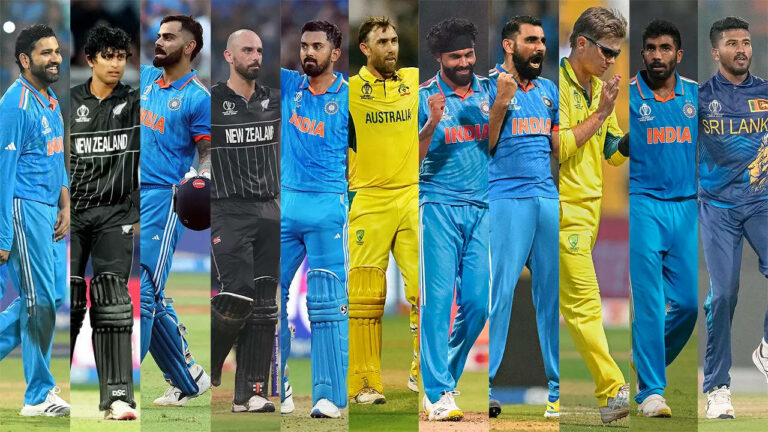Exploring the Business Models of Cricket Franchises
Lotus365, Gold365: Cricket franchises have a storied history rooted in the evolution of the sport itself. The concept of franchising in cricket gained prominence in the late 20th century with the establishment of various domestic T20 leagues around the world. These franchises brought excitement and glamour to the sport, attracting a global audience and enhancing the competitiveness of cricket.
The inception of cricket franchises revolutionized the traditional landscape of the game, providing a platform for players from different countries to come together under one banner. This format not only bolstered the commercialization of cricket but also offered lucrative opportunities for players to showcase their talent on an international stage. The success and popularity of cricket franchises have played a pivotal role in shaping the modern cricketing world, setting new benchmarks for competition and entertainment.
Franchise Ownership and Investment
When it comes to franchise ownership in the world of cricket, it involves a considerable amount of investment from individuals or corporations. Owning a cricket franchise is not just about the passion for the sport but also about the financial commitment required to sustain the team. The investment in a cricket franchise goes beyond just buying the team; it includes expenses such as player salaries, coaching staff, team management, facilities, and marketing efforts.
Cricket franchise ownership offers a unique opportunity for investors to not only be a part of the sport but also to potentially reap financial rewards. The success and profitability of a cricket franchise depend heavily on factors such as team performance, fan engagement, sponsorships, and media rights deals. As a result, potential owners need to carefully evaluate the investment opportunity, weighing the risks and rewards associated with owning a cricket franchise.
Revenue Streams for Cricket Franchises
One of the primary revenue streams for cricket franchises comes from sponsorships and endorsements. Companies eager to reach a large audience often partner with cricket teams to increase brand visibility. These sponsorship deals can range from apparel branding to stadium naming rights, providing a significant source of income for franchises.
Ticket sales also play a crucial role in generating revenue for cricket franchises. Hosting matches in packed stadiums not only creates an electrifying atmosphere for fans but also ensures a steady stream of income for the teams. Additionally, merchandise sales at the venues further contribute to the overall revenue stream, making matchdays a key revenue-generating opportunity for cricket franchises.





